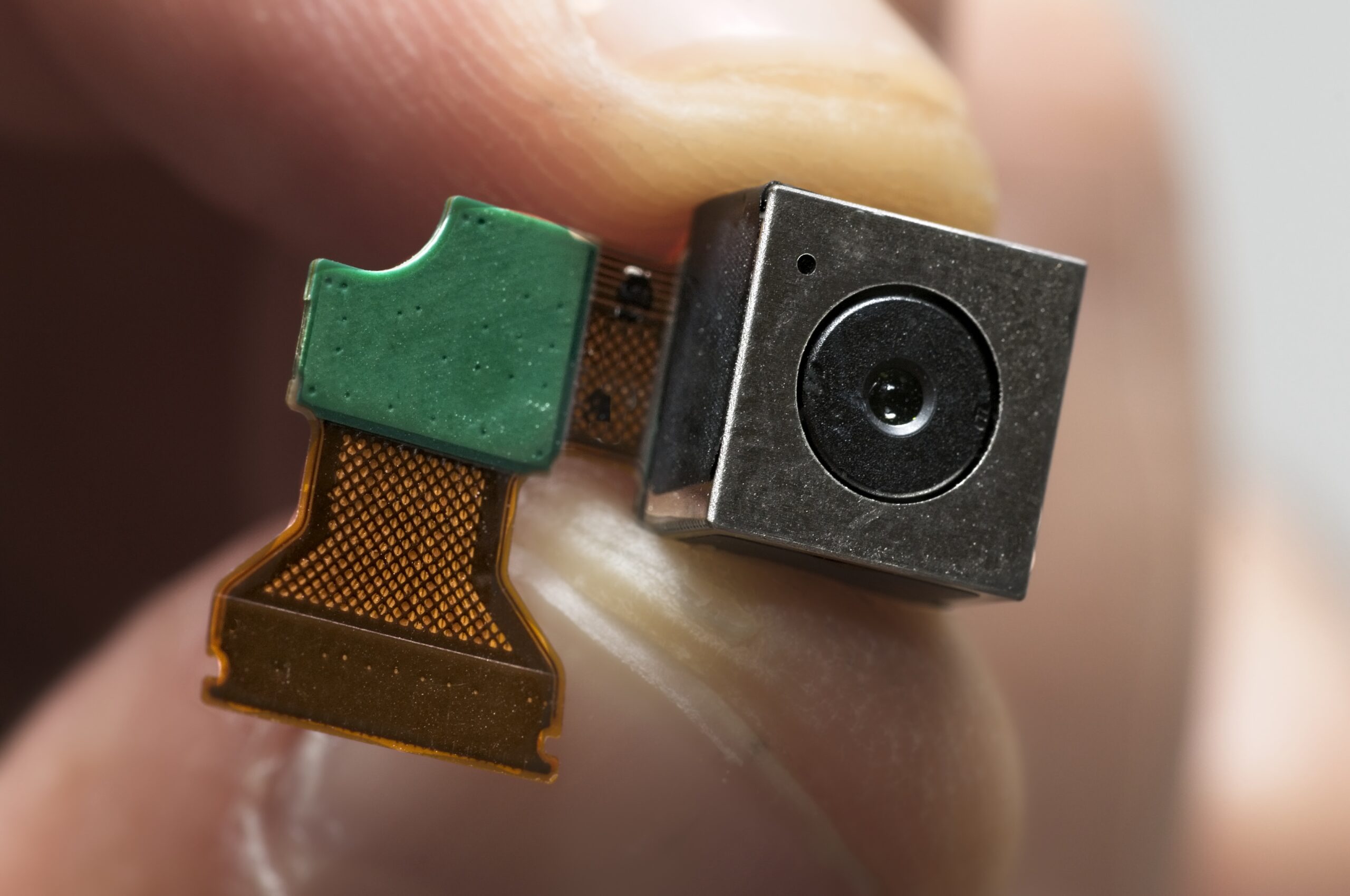Private investigators play a crucial role in uncovering information and assisting individuals, businesses, and legal entities in Australia. Their skills in gathering evidence, conducting surveillance, and carrying out background checks make them valuable assets in various scenarios. However, it’s important to understand the boundaries and legal limitations that govern their activities. In this article, we will delve into the legal scope of private investigators in Australia, exploring their rights, responsibilities, and the ethical considerations that guide their profession.
- Licensing and Regulation of Private Investigators
Private investigators in Australia operate under specific regulations and licensing requirements. Each state and territory has its own governing body responsible for overseeing the licensing process, for example, in NSW, the Security Licensing and Enforcement Directorate (SLED) oversees the licensing process. To work as a private investigator in Sydney, individuals must have an investigative services qualification, and obtain the appropriate license from the SLED of NSW Police, which ensures they meet certain criteria, such as experience, qualifications, and character assessment.
- Gathering Information and Conducting Investigations
Private investigators are authorised to gather information and conduct investigations within the boundaries of the law. They employ various methods, such as conducting interviews, collecting evidence, and performing surveillance. However, it is important to note that they must adhere to legal and ethical guidelines while performing these tasks.
- Surveillance and Monitoring
Surveillance is a common practice employed by private investigators in Sydney. They may monitor individuals, locations, or vehicles to gather evidence or uncover relevant information. However, it’s crucial that private investigators do not engage in illegal activities while conducting surveillance, such as trespassing unto private property, invading privacy, or tracking vehicles or recording conversations without consent. Recording without the consent of another or using GPS tracking or listening devices is a breach of Surveillance Devices Acts of all states and territories.
- Background Checks and Pre-Employment Screening
Private investigators are often hired by businesses to perform background checks on potential employees. These checks involve verifying educational qualifications, employment history, criminal records, and any other relevant information. It is important to note that private investigators must follow legal protocols and obtain the necessary consent while carrying out these background checks.
- Legal Proceedings and Court Testimony
Private investigators may be required to provide evidence in legal proceedings. They can be called upon to testify in court, presenting the findings of their investigations. It is crucial for private investigators to ensure the accuracy and integrity of the evidence they present, as it can have significant implications on the outcome of a case. Read more about NSI Global’s litigation support services.
- Cyber Investigations and Digital Forensics
With the rapid advancement of technology, private investigators have also expanded their scope to include cyber investigations and digital forensics. They may engage in activities such as retrieving digital evidence, investigating cybercrimes, and assisting in computer forensics. However, it’s important for them to abide by laws related to digital privacy, data protection, and computer misuse.
- Skip Tracing and Locating Individuals
Private investigators are often tasked with locating individuals who are missing, evading debt, or involved in legal matters. This process, known as skip tracing, requires specialised skills such as open source intelligence gathering (OSINT) and access to various databases. Private investigators must ensure they comply with privacy laws and only use lawful methods while conducting skip tracing activities.
- Professional Ethics and Confidentiality
Maintaining professional ethics and confidentiality is of utmost importance for private investigators. They handle sensitive and personal information during their investigations, and it is crucial for them to protect the privacy of their clients and subjects. Breaching confidentiality can not only harm the reputation of the investigator but may also have legal consequences.
- Limitations and Restrictions
Private investigators in Australia must operate within the boundaries set by the law. They are not authorised to engage in activities such as hacking, wiretapping, or obtaining information through illegal means which are breaches of multiple laws such as the Surveillance Devices Act, Privacy Act, and Telecommunications Interception Act, just to name a few. It is important for private investigators to be aware of these limitations and avoid any practices that may breach the law or violate the rights of individuals.
- Collaboration with Law Enforcement
Private investigators often collaborate with law enforcement agencies in Australia. They may provide assistance by sharing information, conducting preliminary investigations, or assisting in gathering evidence. However, it’s important to note that private investigators DO NOT possess the same authority as law enforcement officers and must always operate within their legal boundaries.
NSI Global: Private and Corporate Investigation Services
NSI Global has been trusted for more than two decades both domestically and internationally to conduct thorough investigations and get the solid evidence their clientele require. With a team of highly skilled and experienced investigators, intelligence analysts, risk professionals and digital forensic investigators, NSI Global offers a wide range of investigative services to meet the diverse needs of individuals and businesses such as:
- Background Checks and Enhanced Due Diligence
- Corporate Fraud and Internal Investigations
- Surveillance Investigations
- Digital Forensics
- Offensive Cyber Security and Investigations
- Missing Persons and Skip Tracing
- Litigation Support and Expert Witness Services
- Technical Surveillance Countermeasures
- Risk Advisory and Intelligence Reporting
Private detectives in Sydney and Canberra play a crucial role in uncovering information, conducting investigations, and providing valuable insights to individuals, businesses, and legal entities. While they possess the skills and knowledge to gather evidence and uncover the truth, it is essential for them to operate within the boundaries of the law. Understanding the legal limitations, following ethical guidelines, and maintaining confidentiality are key aspects of their profession. By adhering to these principles, private investigators can effectively assist their clients while upholding the integrity of their work. Contact NSI Global today for a consultation.




